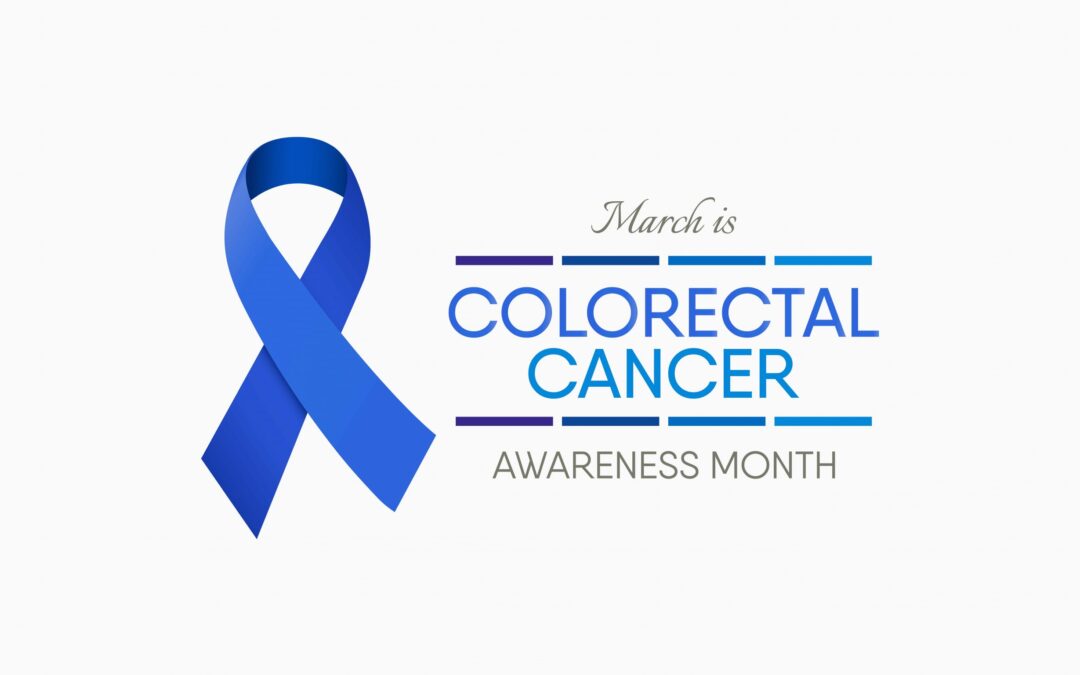Colorectal cancer is responsible for an estimated 50,000 deaths each year. But thanks to increased colon cancer awareness efforts, the death rate has been dropping steadily since the 1980s. March is designated as colon cancer awareness month and we want to let you a few common myths.
Common Myths About Colorectal Cancer
Colon cancer is the second deadliest cancer. However, there are quite a few myths surrounding colon and rectal cancer that prevent people from getting tested.
Myth #1: “It only happens to men.”
The truth: The overall lifetime risk of developing colorectal cancer for women is 1 in 24 and only slightly lower than it is for men which is 1 in 22. Age is a much bigger risk factor than sex.
Myth #2: “I’m too young to get colon cancer.”
The truth: While it’s mostly true that more than 9 out of 10 instances of colorectal cancer occur in people over the age of 50, there has been a sharp rise in the number of adults diagnosed at age 45.
Myth #3: “Colonoscopies are painful.”
The truth: First of all, most people only need a colonoscopyevery 10 years. And secondly, colonoscopy is a common test familiar to many but not well known by all patients. It’s not exactly pleasant, but it’s not as bad as you think.
To Prepare:
- Avoid solid foods, and
- take a bowel-cleaning substance the day before the procedure to clear your colon.
Myth #4: “Colonoscopies are dangerous.”
The truth: The complication rate is estimated to be less than 1% for all complications. Your doctor will discuss these risks with you before the procedure, but in most cases, the potential benefits outweigh the potential risks.
When Should You Be Screened for Colon Cancer?
For someone at an average risk of colon cancer, the American Cancer Society recommends having a colonoscopy once every 5 to 10 years beginning at age 45.
Someone at a higher risk of developing colon or rectal cancer may need to be tested earlier or more often. You have a higher risk of colon cancer if you have:
- A family history of colorectal polyps/cancer
- An inflammatory bowel disease such as Crohn’s or ulcerative colitis
- An inherited syndrome, such as Lynch syndrome, that increases your cancer risk
- Type 2 diabetes

